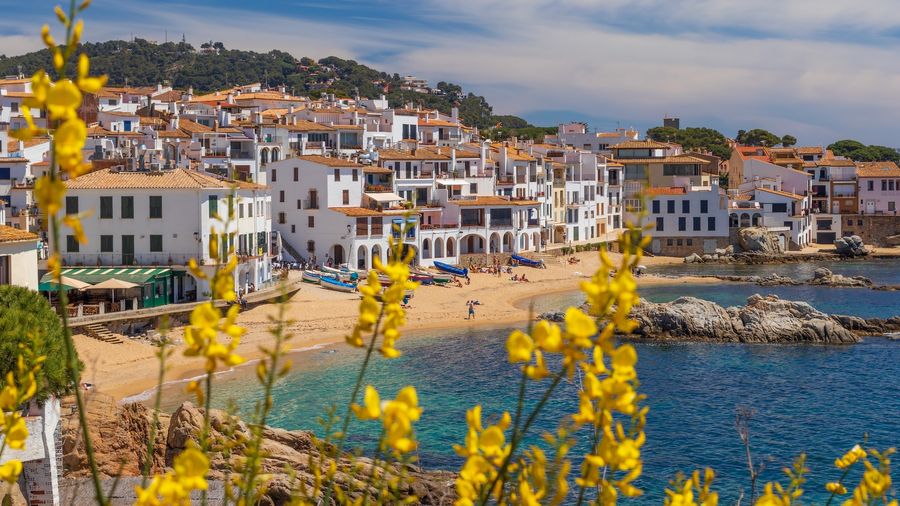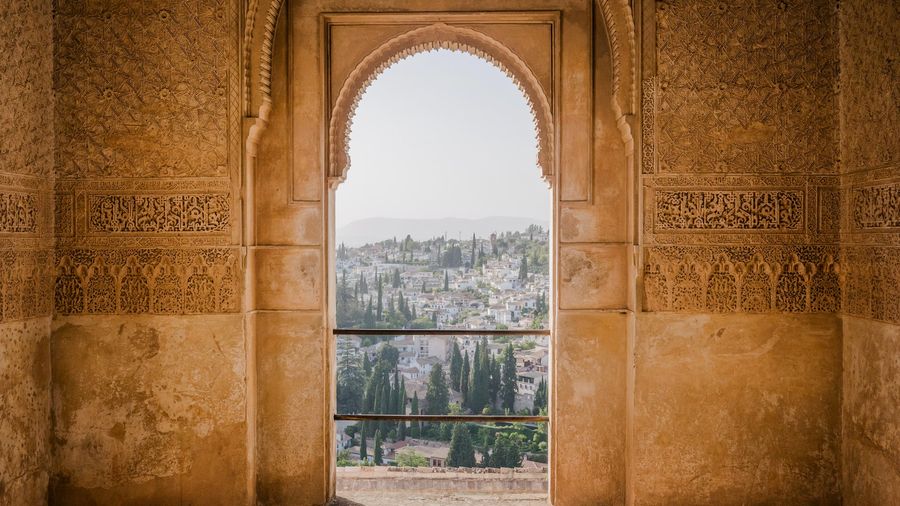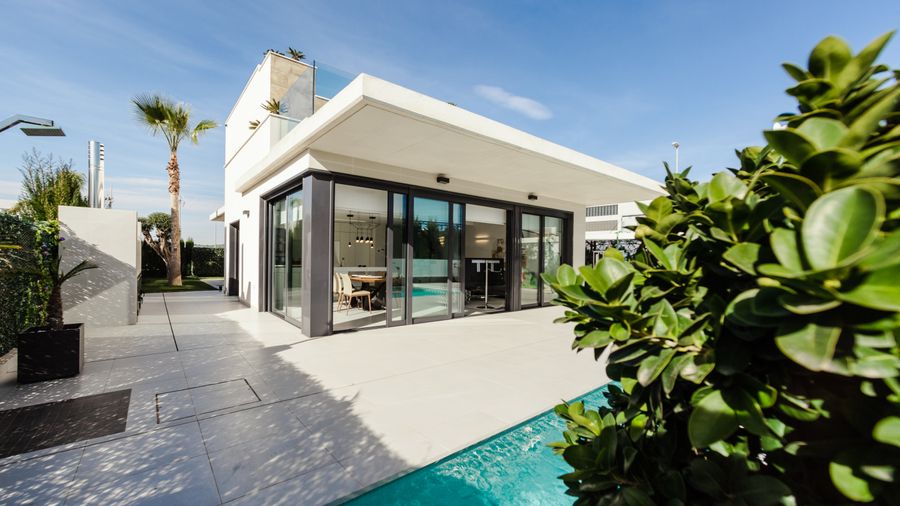Buying Property in Spain: Guide for Non-Spanish Residents
Addressing all of your concerns about purchasing a Spanish property as a non-Spanish resident.

Buying Property in Spain: Guide for Non-Spanish Residents
Investing in a hard asset like buying a property has proven to almost always be safe and profitable. Especially, when you can do that in a foreign country like Spain, where the property prices are lower than in many first-world countries, it is a sure ticket to good fortune.
The good news is that, unlike many countries, Spain allows non-Spanish residents to buy Spanish property. Although, there are some requirements that must be met before a foreigner may make a purchase in Spain.
We hate to be the ones to burst your bubble, but buying a Spanish property as a non-Spanish resident is not as simple as many online sites make it seem. Apparently, the procedure is a little challenging, but you’ve got nothing to worry about as we are here to take care of all the work for you.
To put your mind at ease, we’ve broken down the process of buying a property in Spain step by step below.
Questions you will have answered in this article:
- What are the legal procedures and steps to buy a house in Spain?
- What are the prerequisites for a non-resident to buy a Spain house?
- What are the additional costs of buying a property in Spain?
- What are the real estate possession taxes that a non-resident must pay?
- How much do I need to pay in income tax in Spain as a non-EU resident?
- How much VAT do I need to pay if I buy a new property in Spain?
But first…
As someone who has personally gone through the process of buying a home in Spain, I can attest to the fact that it can be both exciting and overwhelming. However, with proper planning and guidance, the process can go smoothly and the end result is well worth it.
When I first decided to buy a home in Spain, the first step I took was to determine my budget and financing options. As a non-resident, I needed to apply for a mortgage from a Spanish bank, which required a lot of research and comparison shopping to find the best deal.
Once I had secured financing, I began the process of searching for a home. I used a combination of online real estate websites, local real estate agents, and word of mouth to find properties that fit my criteria. It was important to me to take my time and carefully consider all of my options before making a decision. (You read it right - once you have secured financing, you would want to find a trustworthy real estate agent!).
When I finally found a property that I was interested in, I made sure to have a lawyer review the contract and do a thorough due diligence on the property to ensure that there were no hidden issues or problems. This was an important step that helped protect my investment and ensure a smooth process.
After completing all necessary legal and financial steps, I was finally ready to close the sale and become the owner of my new home in Spain. The process took several months, but it was well worth the wait to finally have a place to call my own in this beautiful country.
In summary, buying a home in Spain can be a complex process, but with the right planning and guidance, it can be a rewarding and successful experience. If you are considering buying a home in Spain, I highly recommend taking the time to do your research, seek the help of professionals, and be patient as the process unfolds. The end result will be worth it!
What are the legal procedures and steps to buy a house in Spain?
For your quick glance, here we’ve listed all the steps in sequential order that are required to buy a property in Spain:
Apply for a pre-approval Get your NIE Open a bank account Negotiation time Reservation contract Deposit agreement Official valuation Preparing the required documents Going to the notary and signing the title deeds Register the property
What are the prerequisites for a non-resident to buy a Spain house?
Non-residents who are looking to purchase property in Spain can breathe a sigh of relief since there are no additional requirements for them. Regardless of citizenship, foreigners are welcome here to own property. The buyer should first apply for pre-approval, followed by obtaining a “foreigner’s ID number” (NIE) from the Spanish government.
Depending on where the foreigners are from, several types of NIEs must be obtained. Buyers from the European Union need one sort of NIE, while non-EU citizens require another. Buyers must submit an EX-15 form together with a copy of their passport, an explanation of the economic/professional/social grounds for the application, and evidence of payment of the associated charge.
Where should I start?
If you are interested in buying a Spanish property as a non-Spanish resident, start by applying for pre-approval via Hypotea.
Not only can our team of specialized foreign investment lawyers help you with all the paperwork, but we can also put you in touch with real estate agents who will help you find the house of your dreams.
- Applying for pre-approval will demonstrate your intention to buy a property in Spain, thereby having a valid reason for applying for NIE.
- Applying for pre-approval via Hypotea will allow you to get offers from multiple banks based on your current financial situation. It will also give you a good overview of the banking landscape. Once you are familiar with the bank’s services, you will be able to evaluate where to create your bank account. Furthermore, if you want a mortgage from a Spanish bank, you will be able to compare offers to decide which plan among those offered is best for you.
- Hypotea will get you paired with a local Real Estate Agent - likely someone from your home country or someone that speaks your native language. You will quickly learn that it will be highly beneficial to rely on a real estate agent in Spain when you have found your dream home and it is time to agree on a price with the seller.
What are the additional costs of buying a property in Spain?
The main costs associated with buying a house in Spain are the property transfer tax, VAT (or IVA), notary costs, title deed tax, and land registration fee. Foreign buyers may also have to pay legal fees.
- Property transfer tax: 6–10% (existing properties) / VAT (or IVA) at 10% (new properties)
- Notary costs, title deed tax, and land registration fee: 1–2.5%
- Legal fees: 1–2% (including VAT)
What are the real estate possession taxes that a non-resident must pay?
Non-resident property tax in Spain is a tax levied on those who do not live in the country but own property within its borders. The tax rate is typically 24%, though it may be lower for residents of EU or E.E.A countries. The silver lining is that, there are various tax breaks available for those who qualify, such as: deductions for mortgage interest and property taxes.
How much do I need to pay in income tax in Spain as a non-EU resident?
If you are a non-EU resident and you own property in Spain, you will be subject to the IRNR (Non-Resident Income Tax) and real estate tax. The tax rates for non-residents vary depending on the income bracket you fall into. The first €12,450 you earn is taxed at 19%, while incomes between €12,450 and €20,200 are taxed at 24%. Incomes between €20,200 and €35,200 are taxed at 30%, and those between €35,200 and €60,000 are taxed at 37%. Incomes over €60,000 are taxed at 45%.
How much VAT do I need to pay if I buy a new property in Spain?
If you buy a new property in Spain, you will need to pay VAT (IVA) of 10% on the transaction price. For non-EU residents, the income tax rate is 24%. Non-resident property tax is 1.1% of the cadastral value of the property.
Takeaway
This article is thoughtfully crafted to address all of your concerns about purchasing a Spanish property as a non-Spanish resident. From why and how to obtain the NIE number to the tax rates, you now know the most crucial things you need to know before buying a property in Spain. Now, if you have made up your mind to go forward, take your first wise step by applying for pre-approval from Hypotea.







